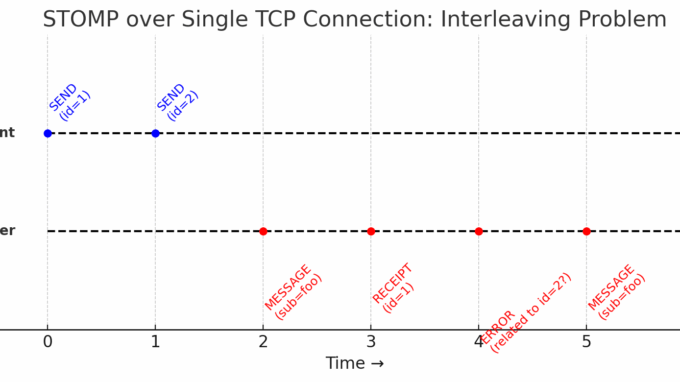The RabbitMQ open source message broker includes a web-stomp plugin exposing the STOMP protocol over emulated HTML5 WebSockets. Web-Stomp examples are provided as a plugin which is included in the standard distribution and only needs to be enabled (this requires a broker restart). For users of the Delphi and Free Pascal client library Habari Client … Continue reading How to use the RabbitMQ Web-Stomp Plugin with Delphi and Free Pascal



